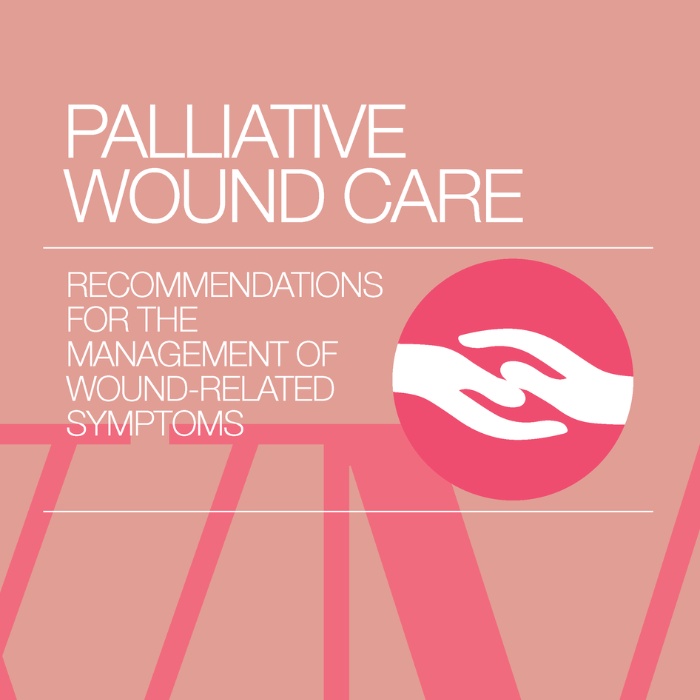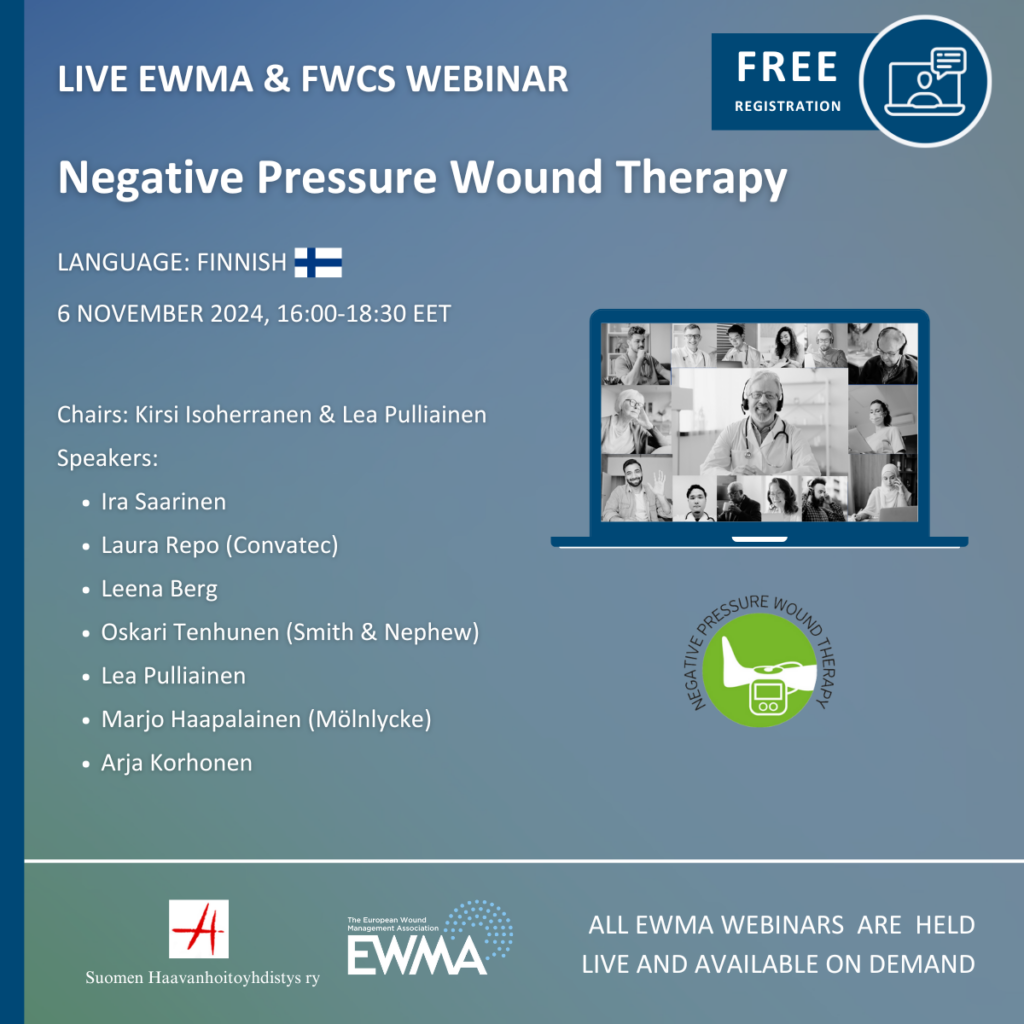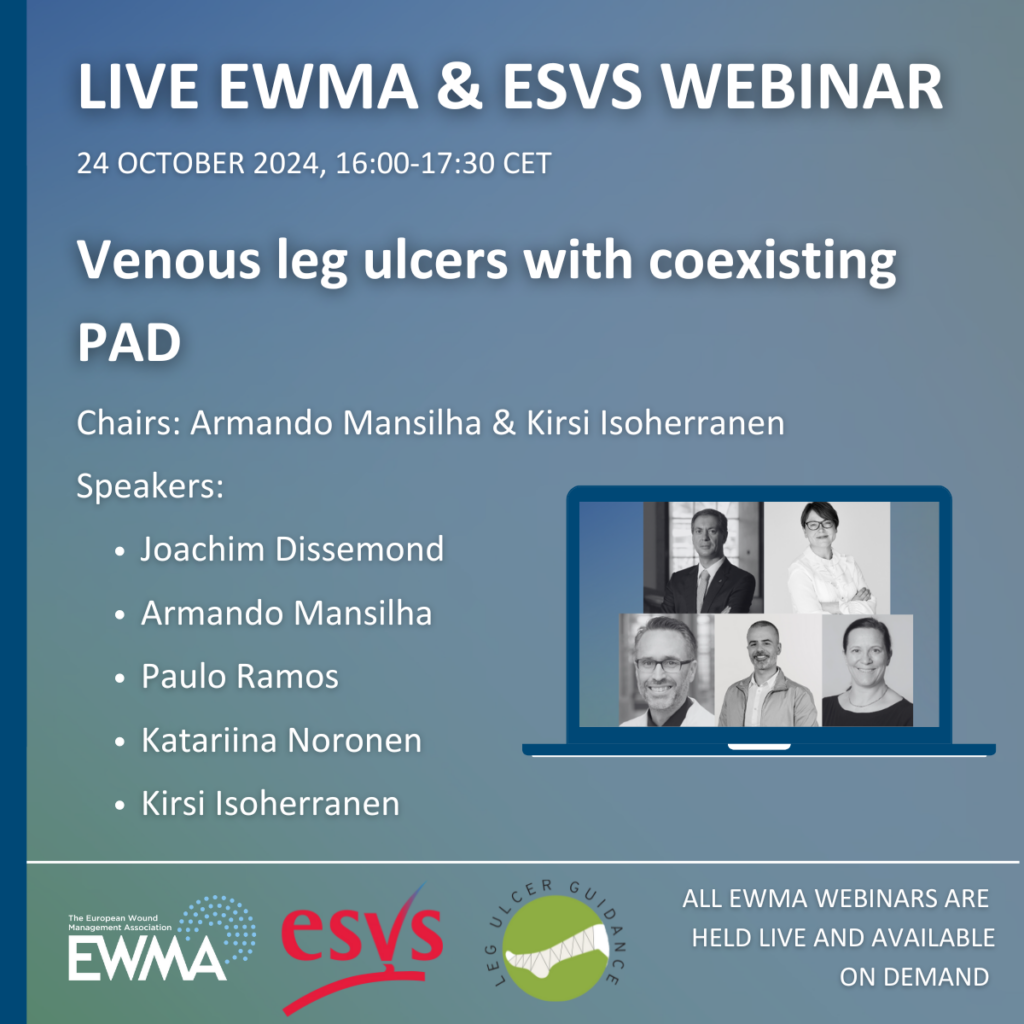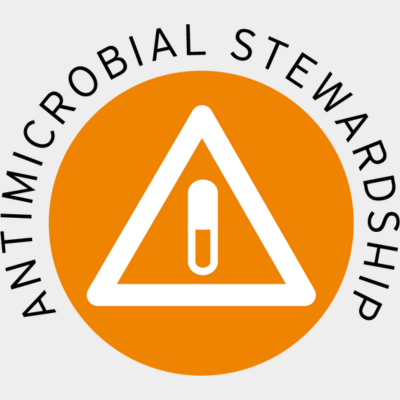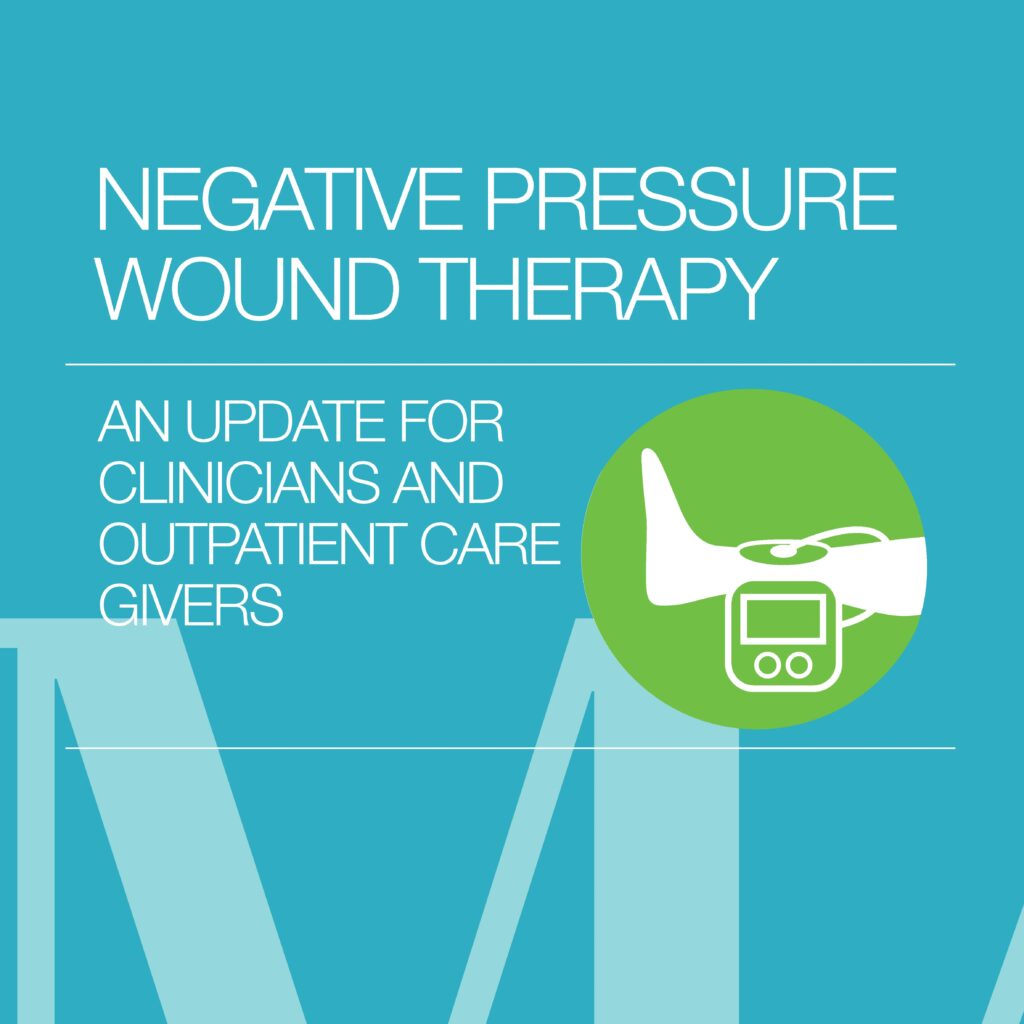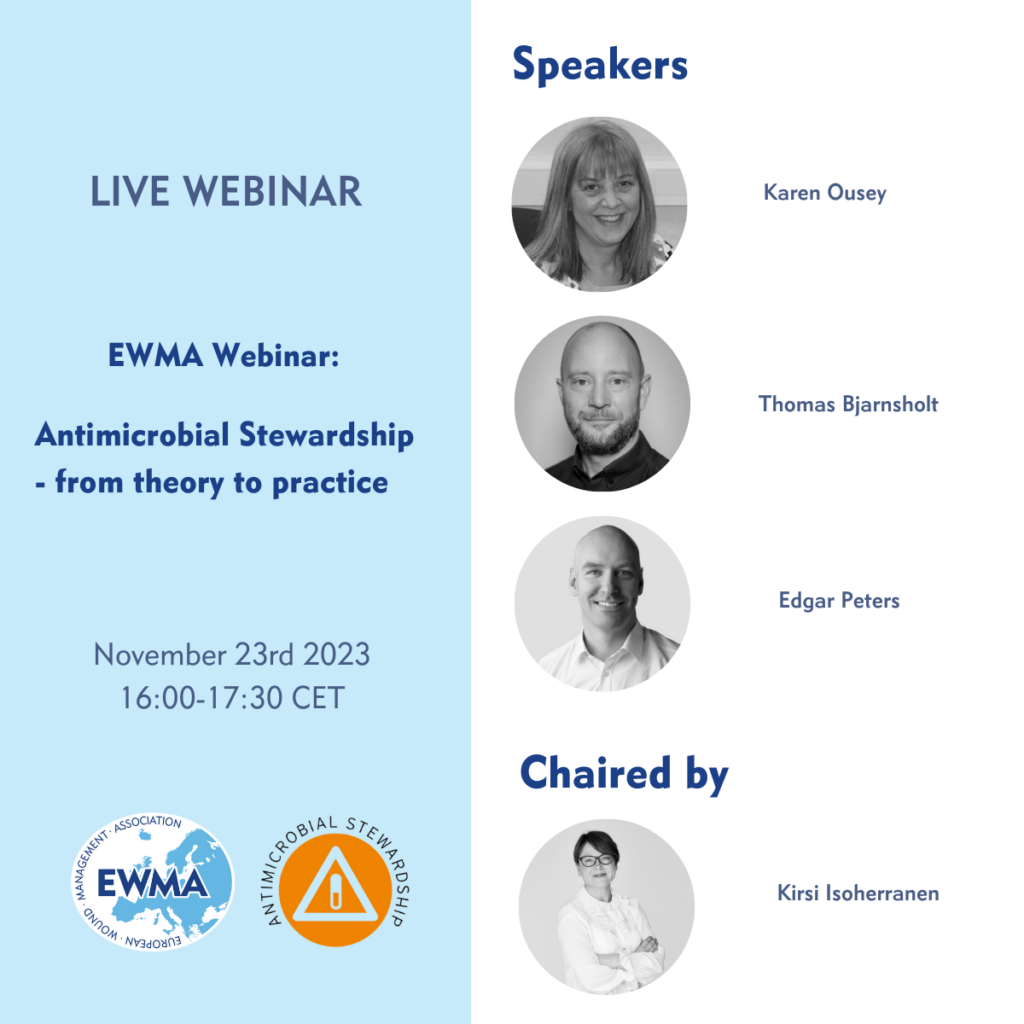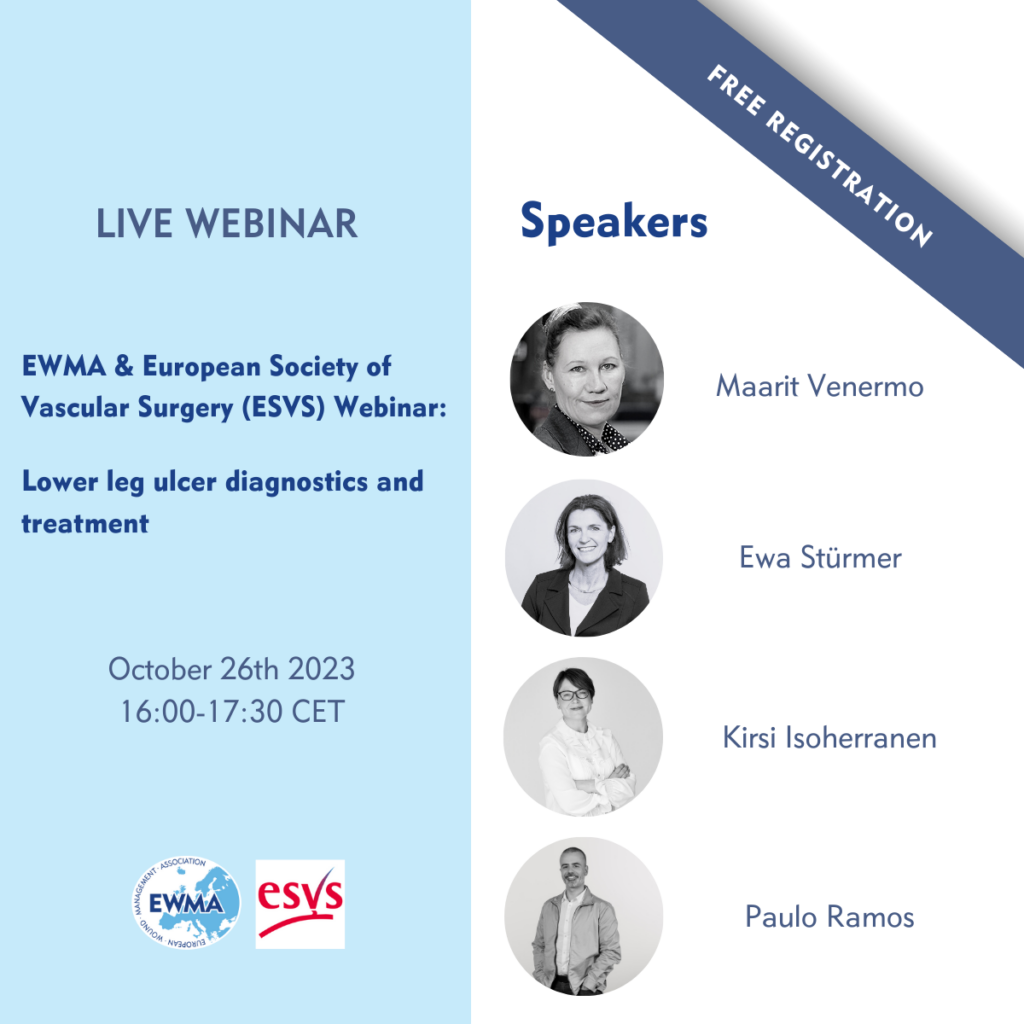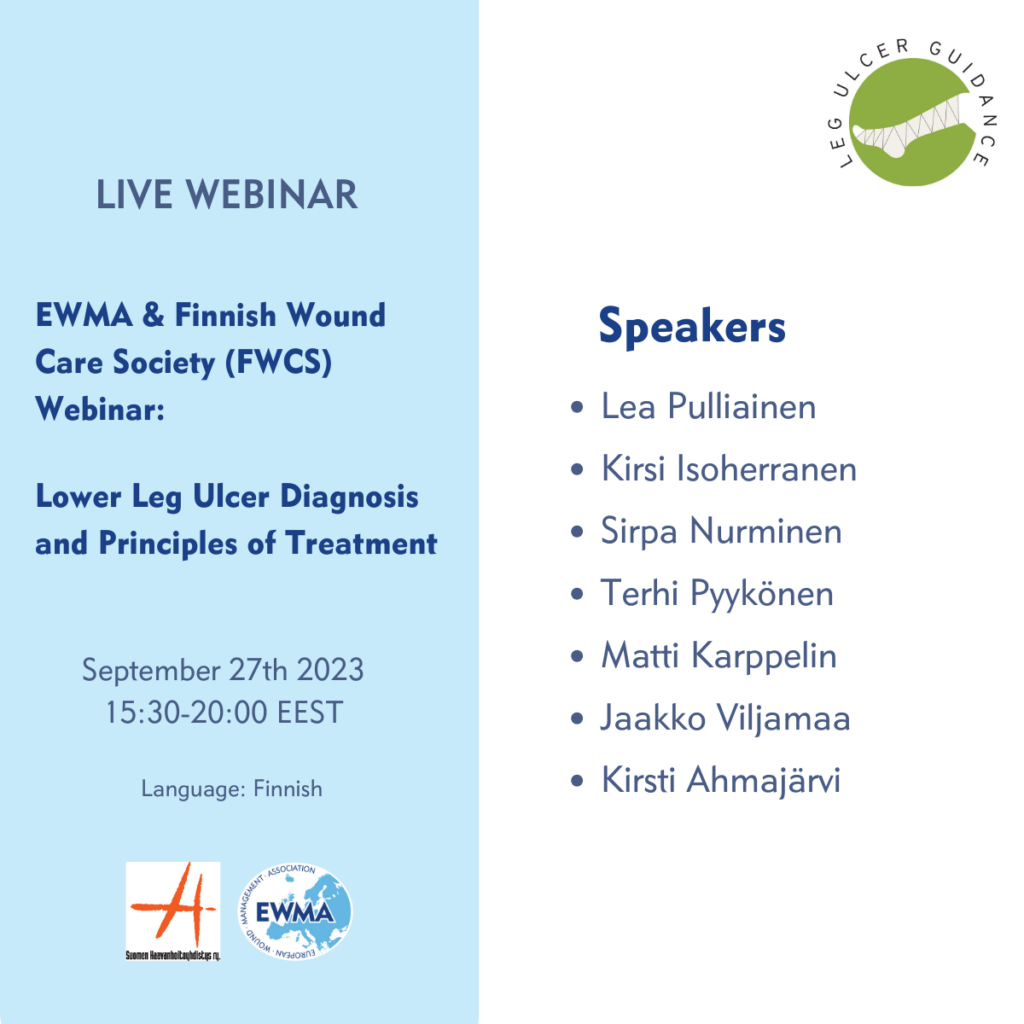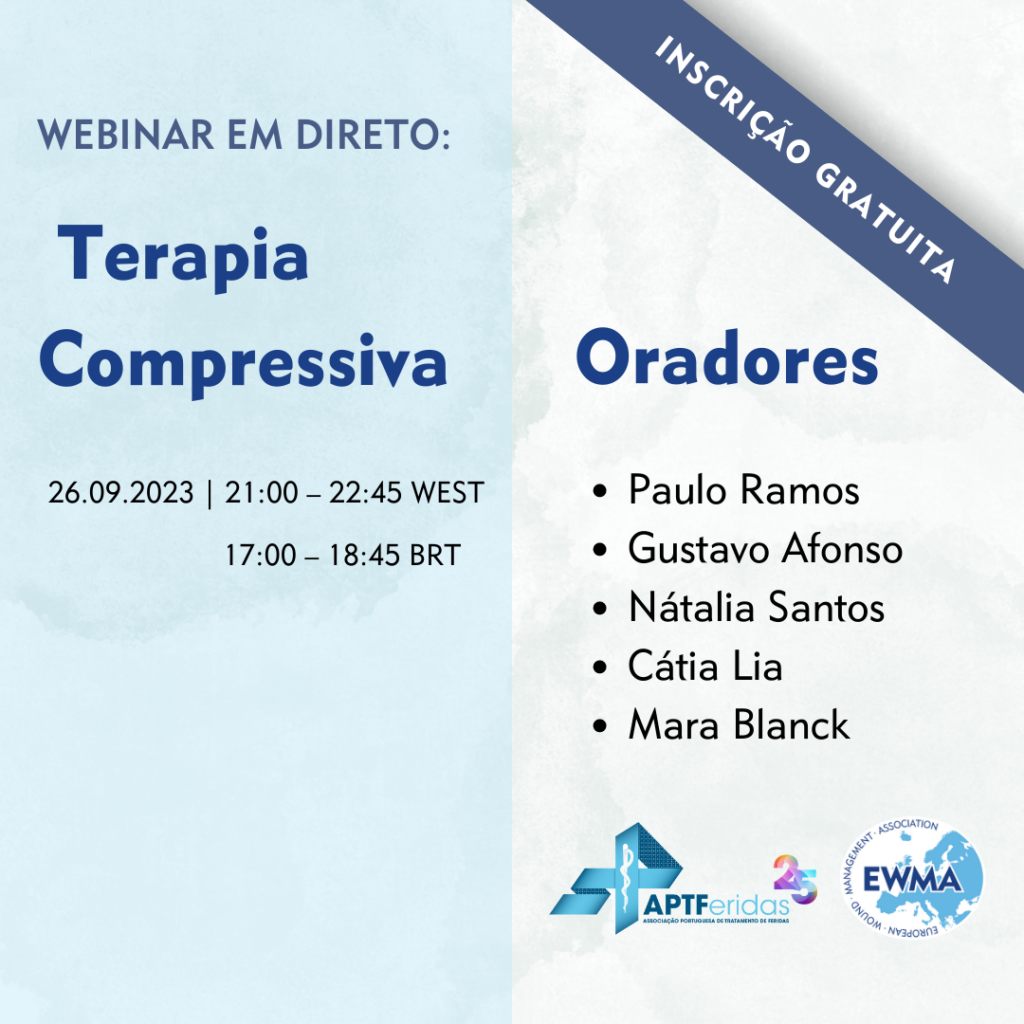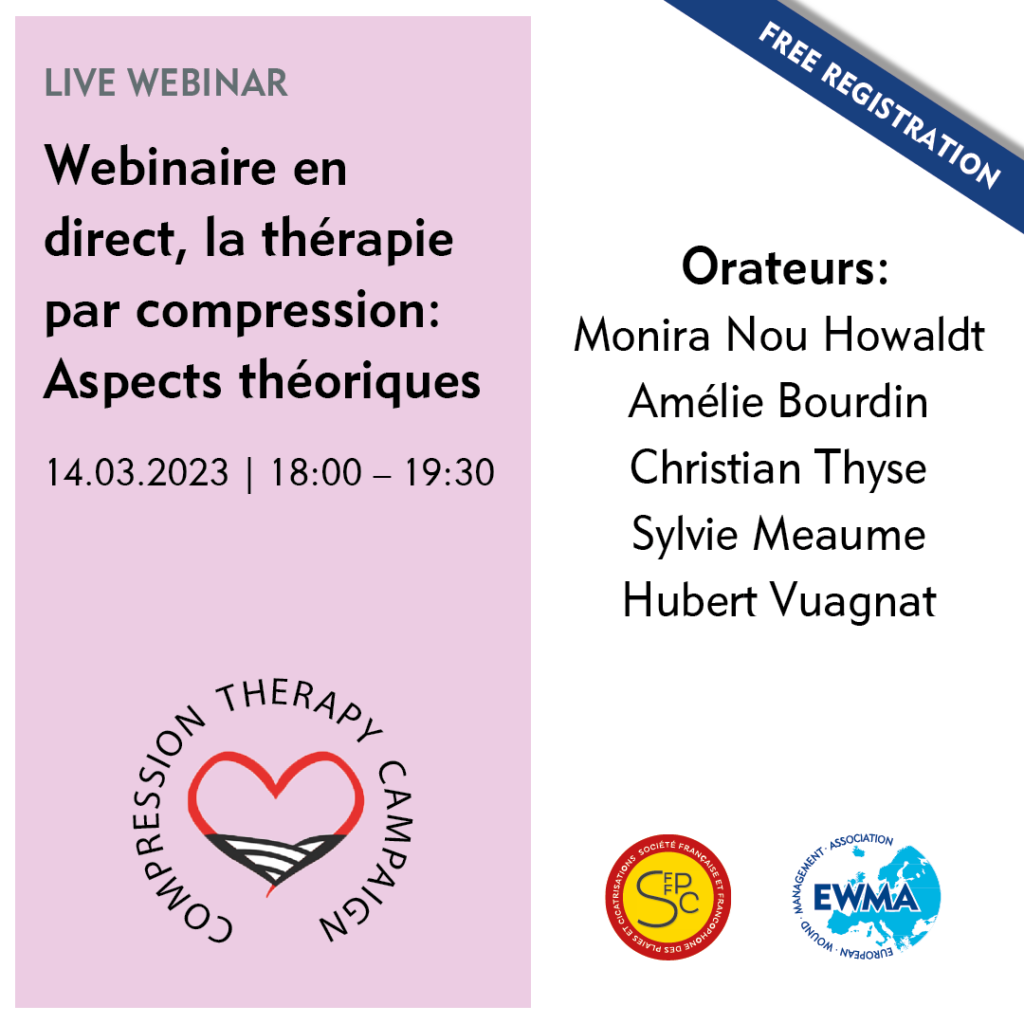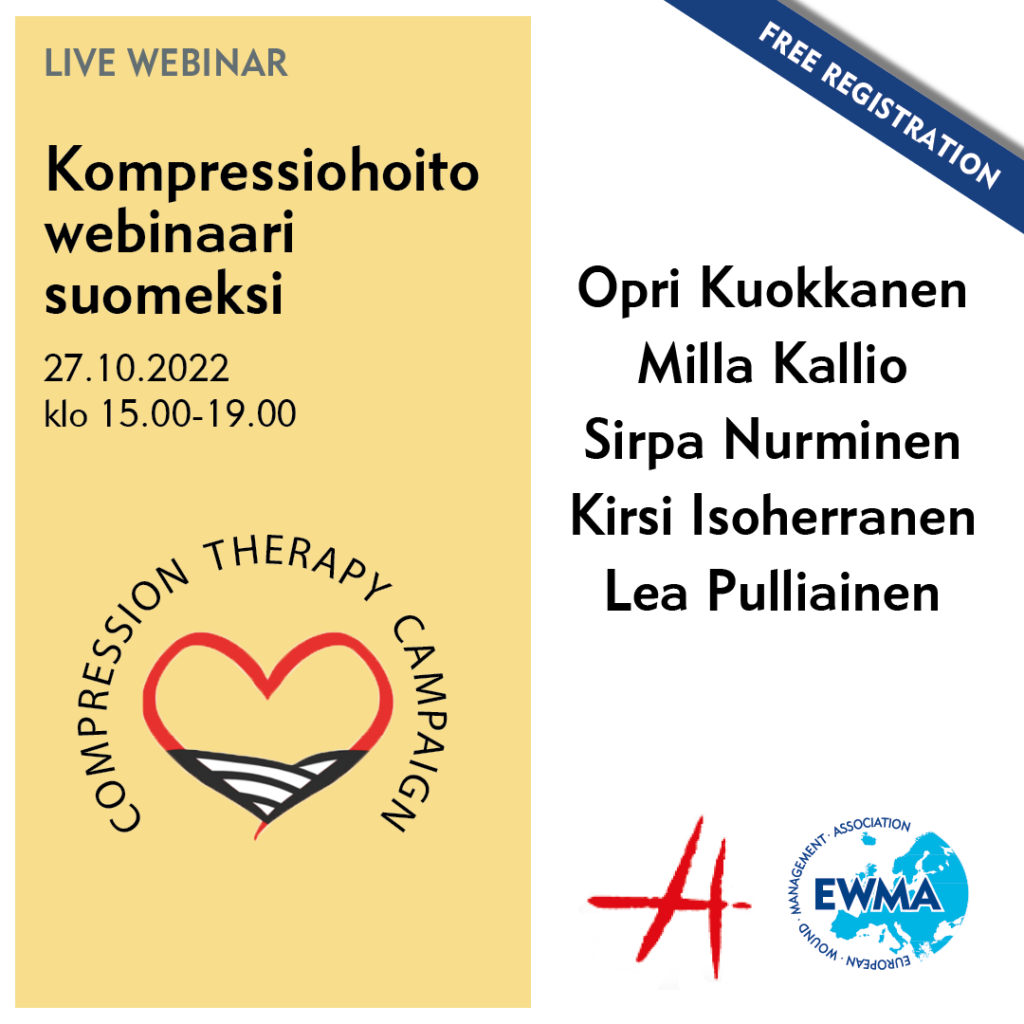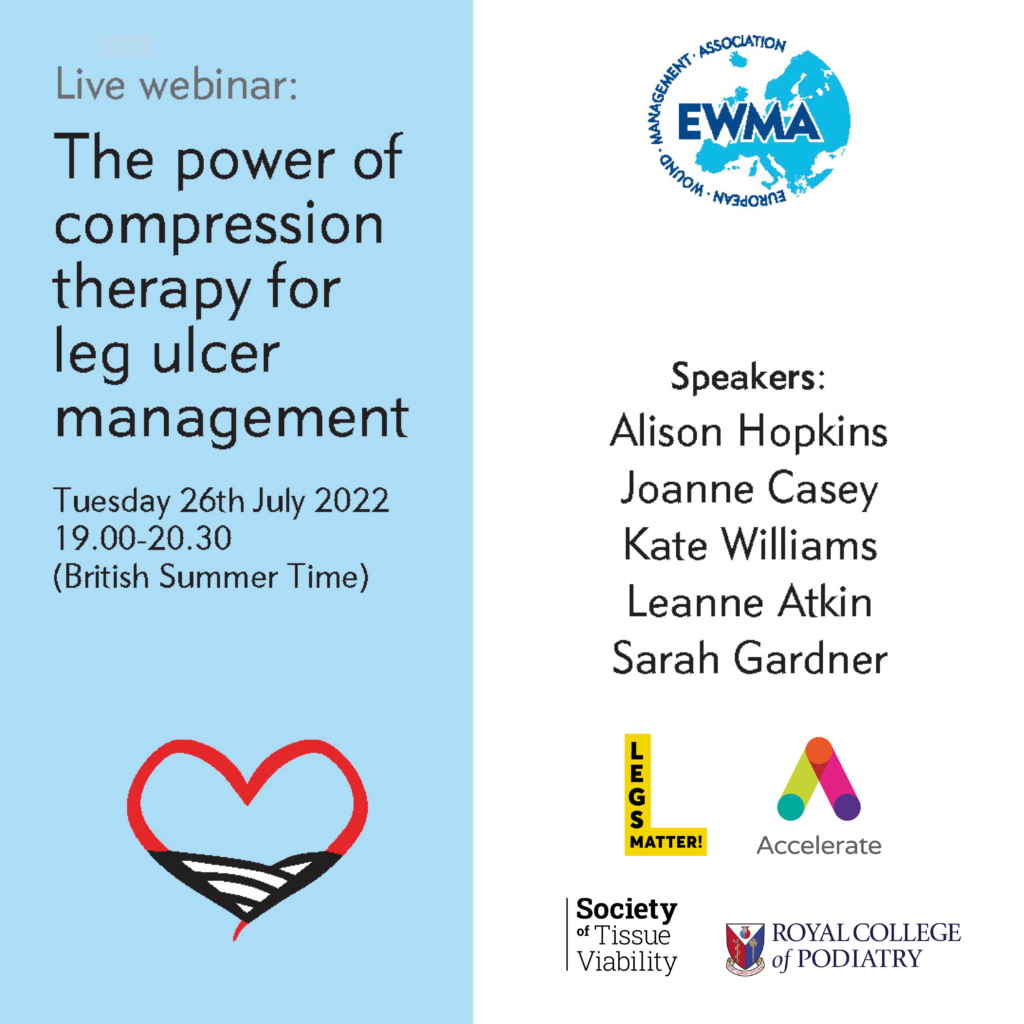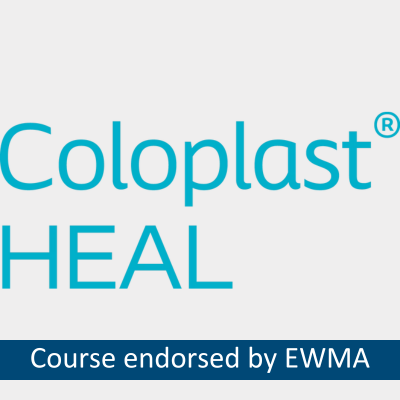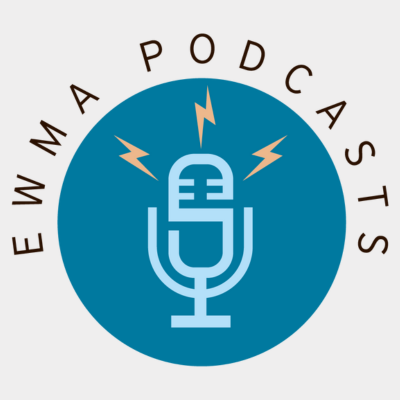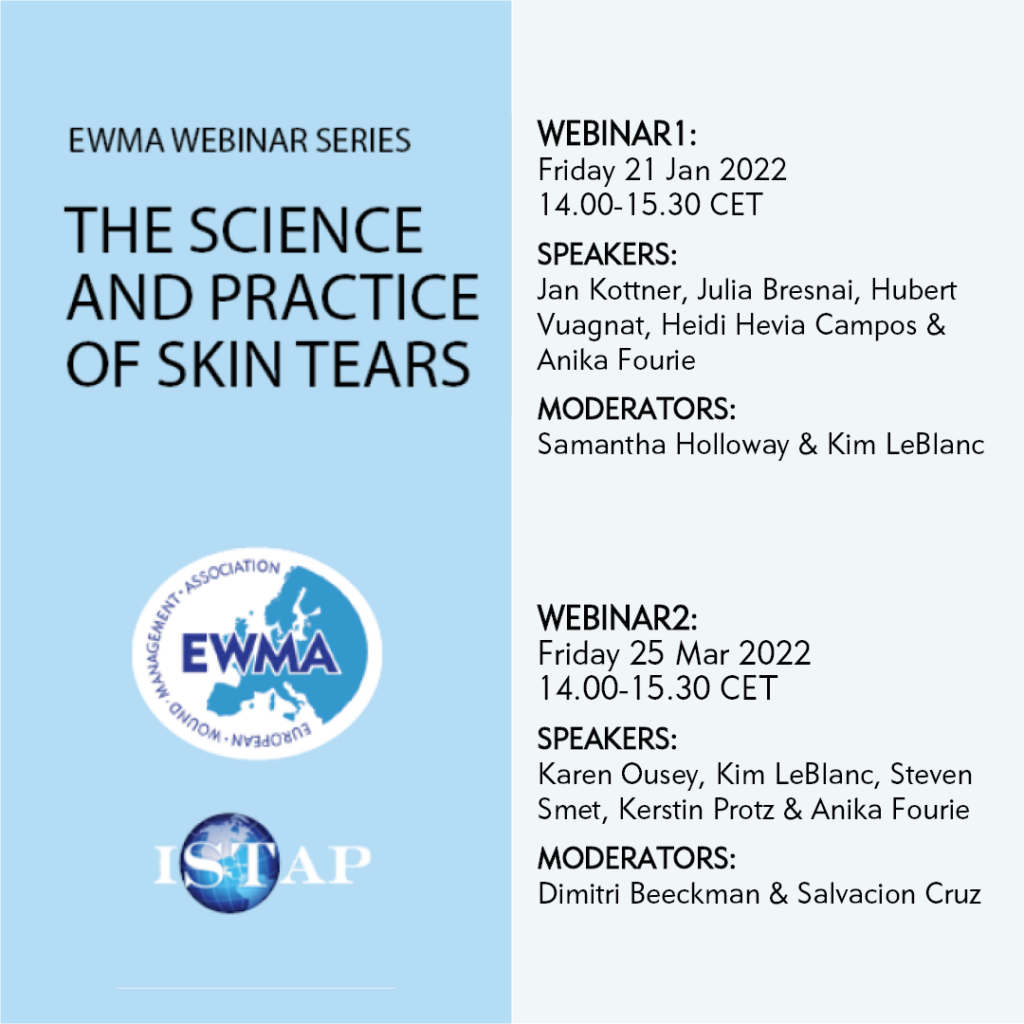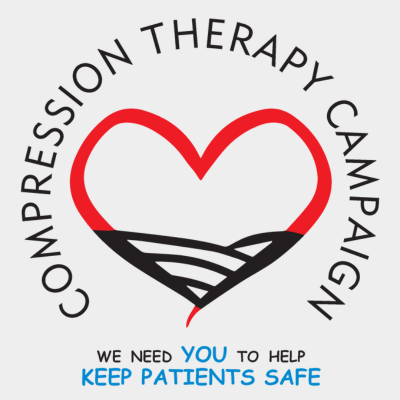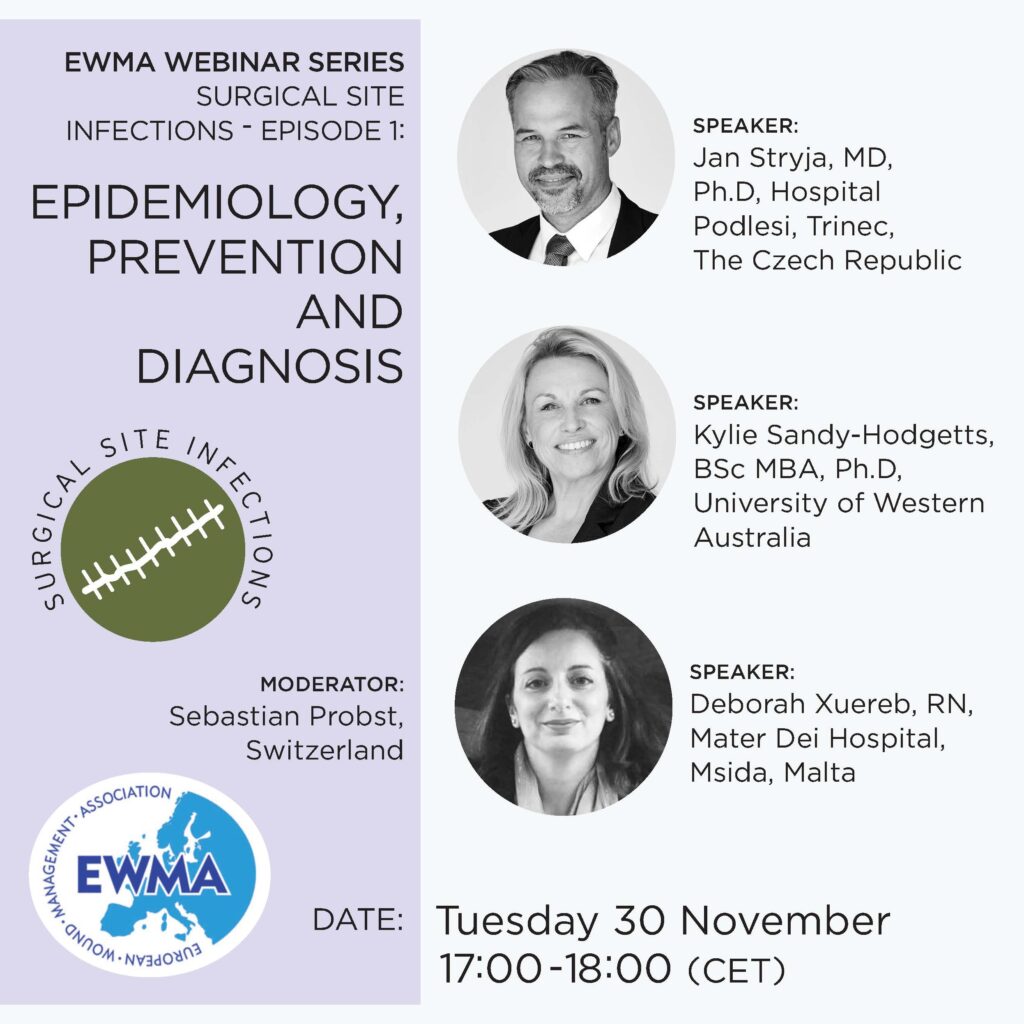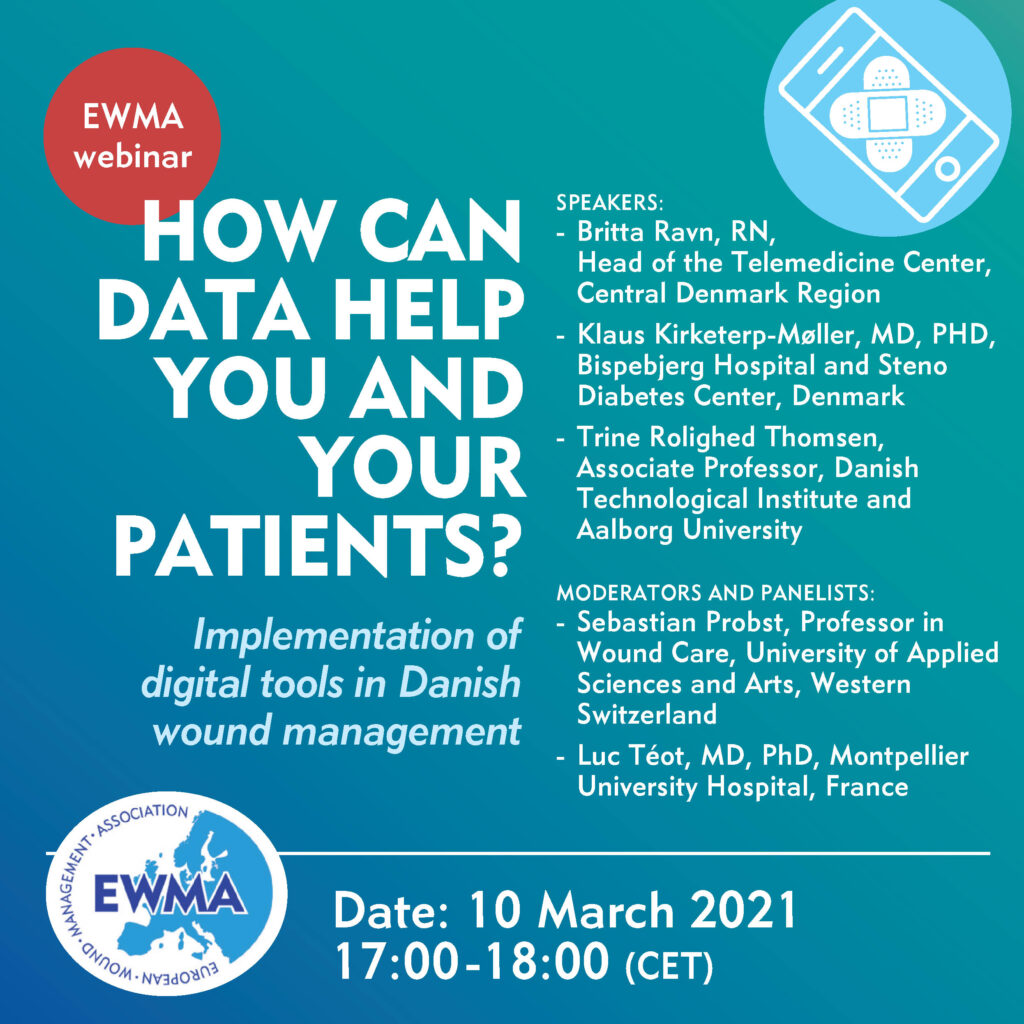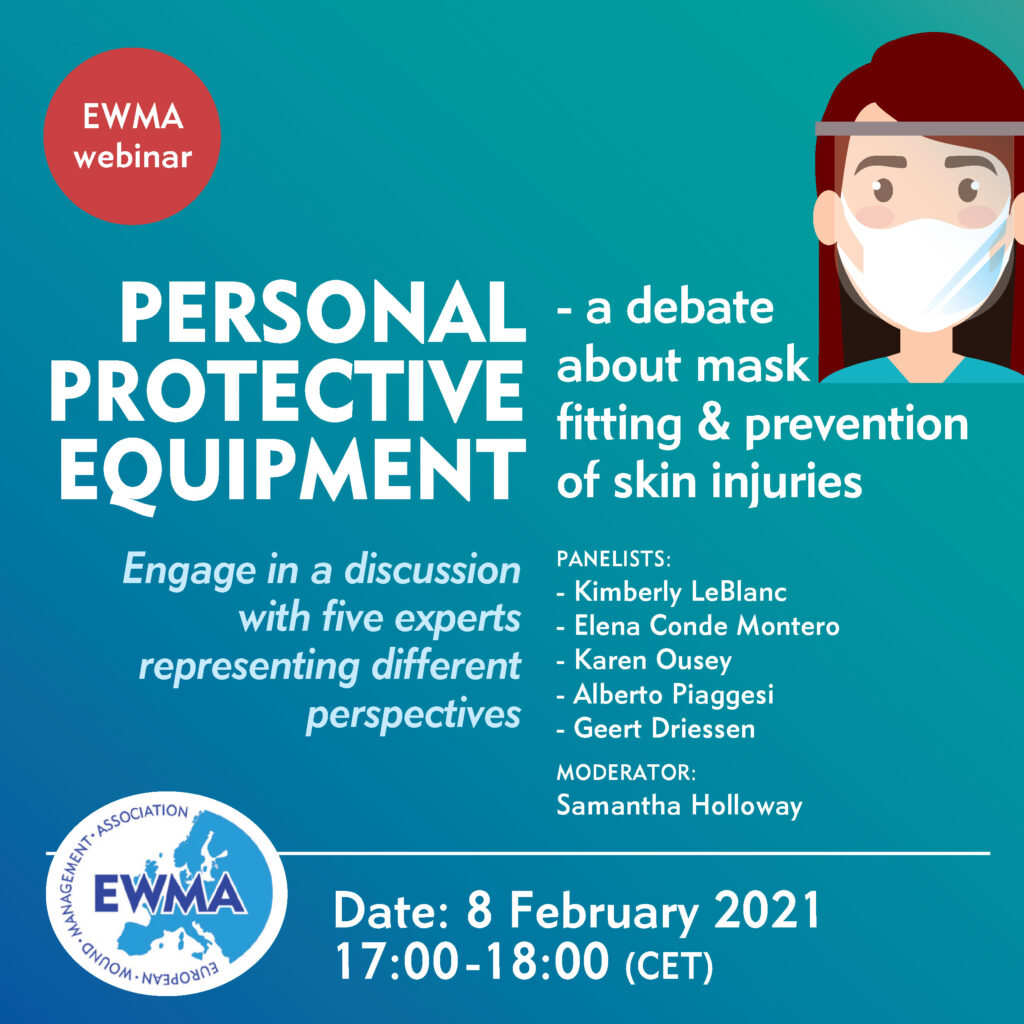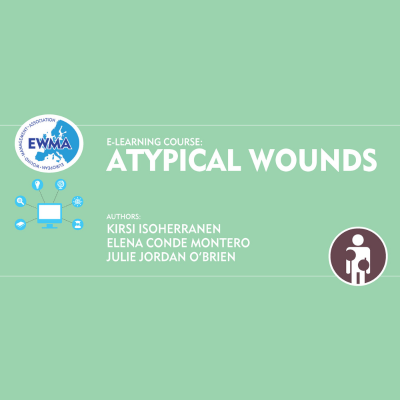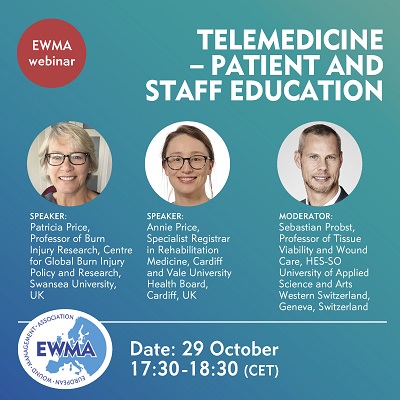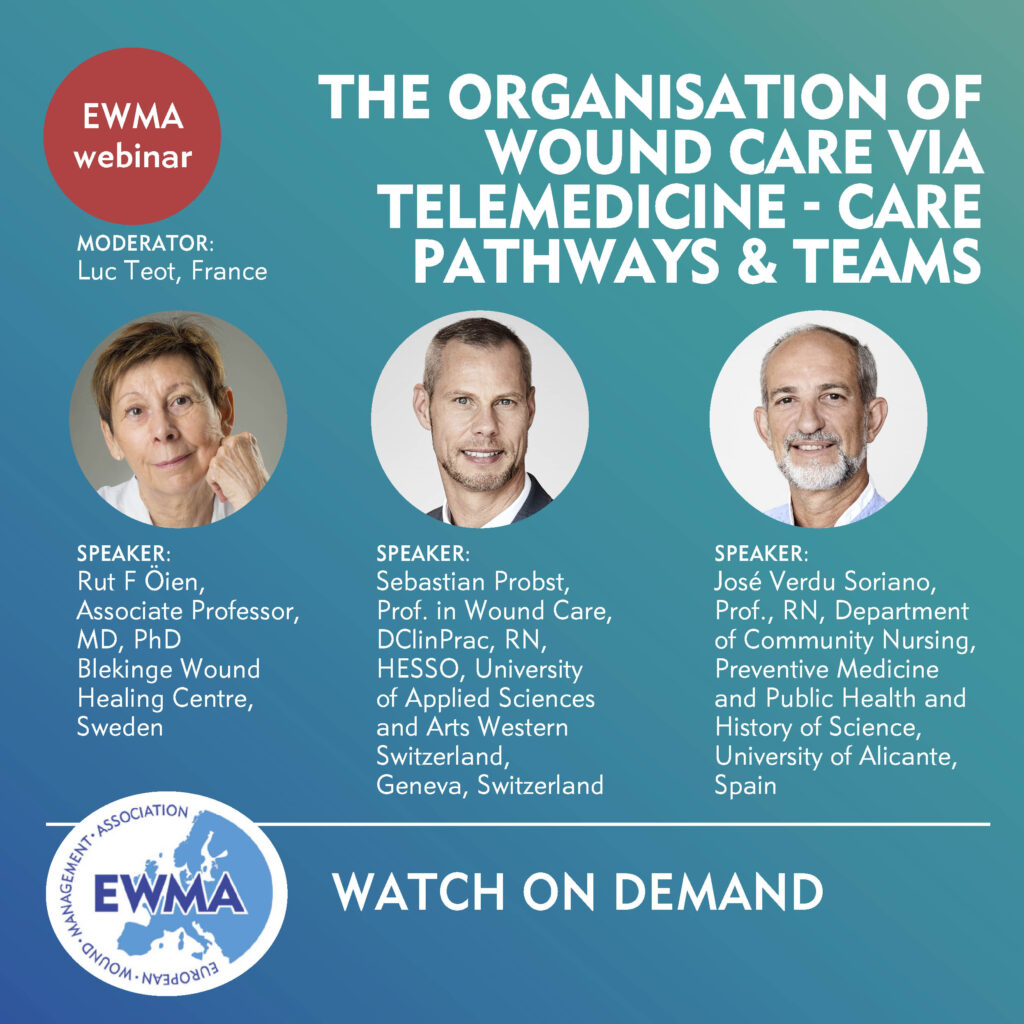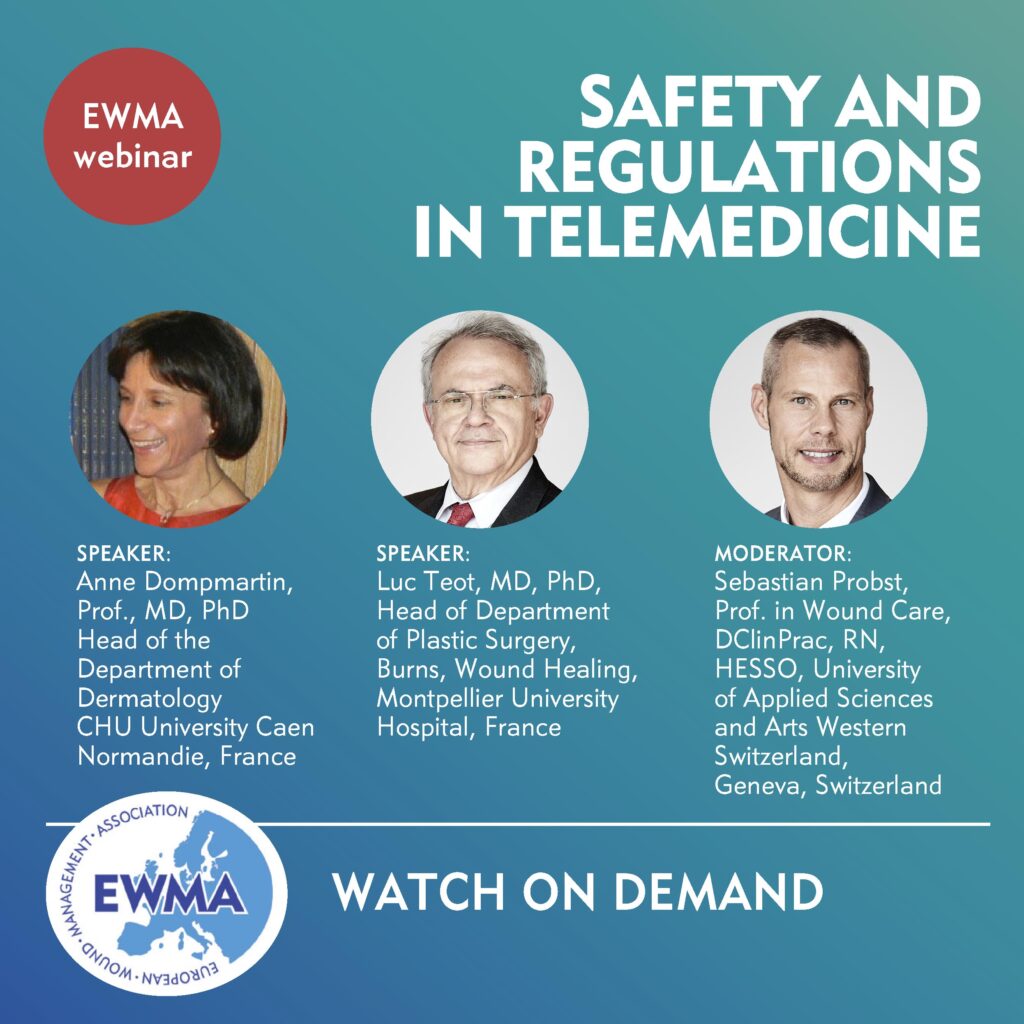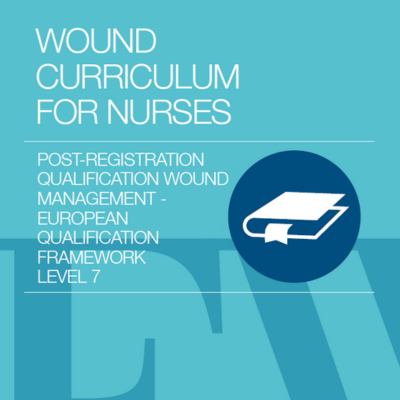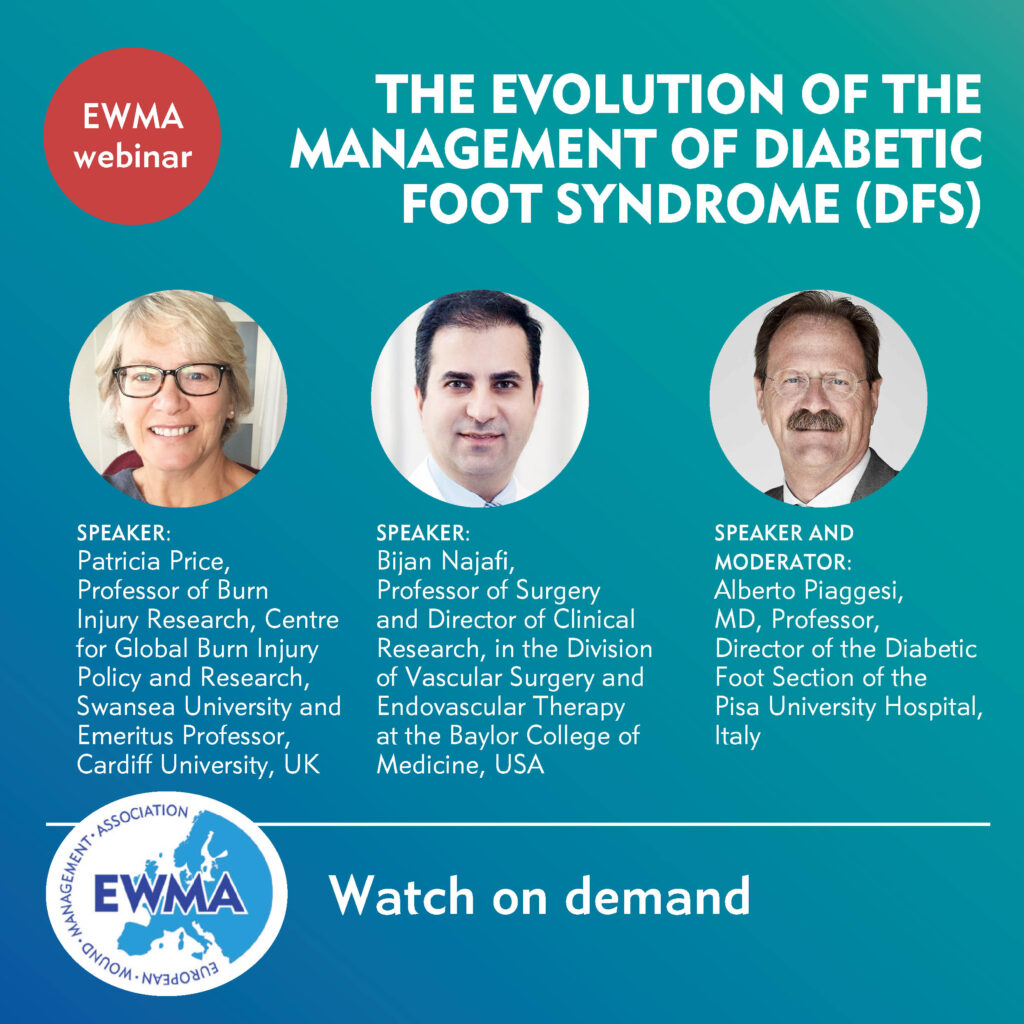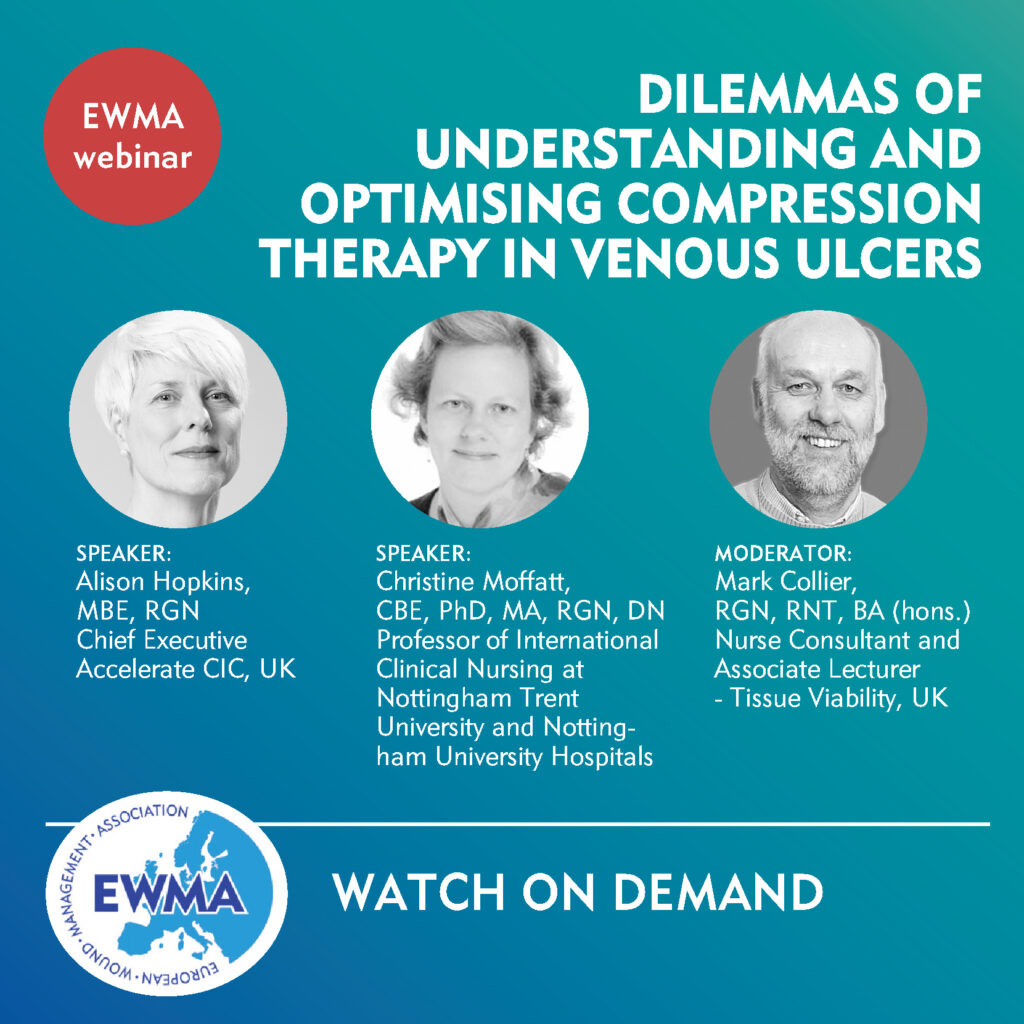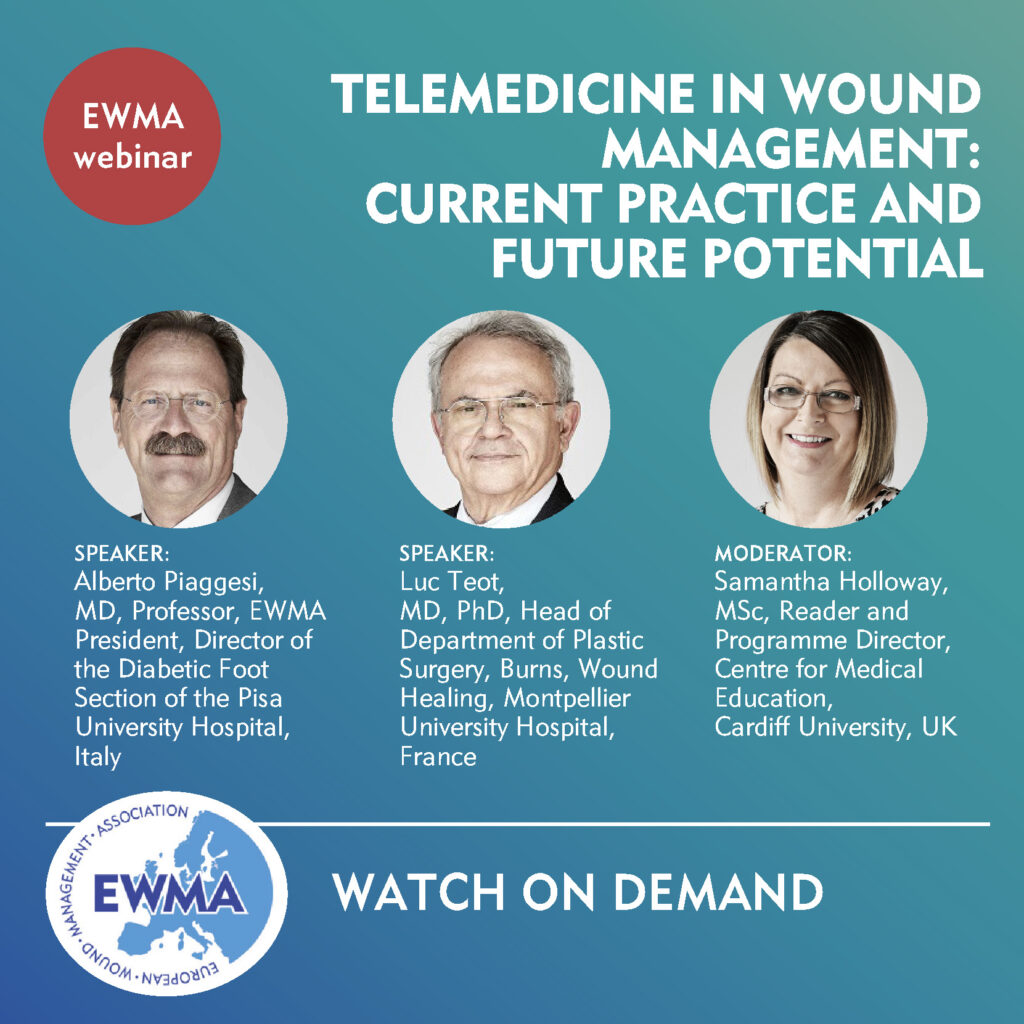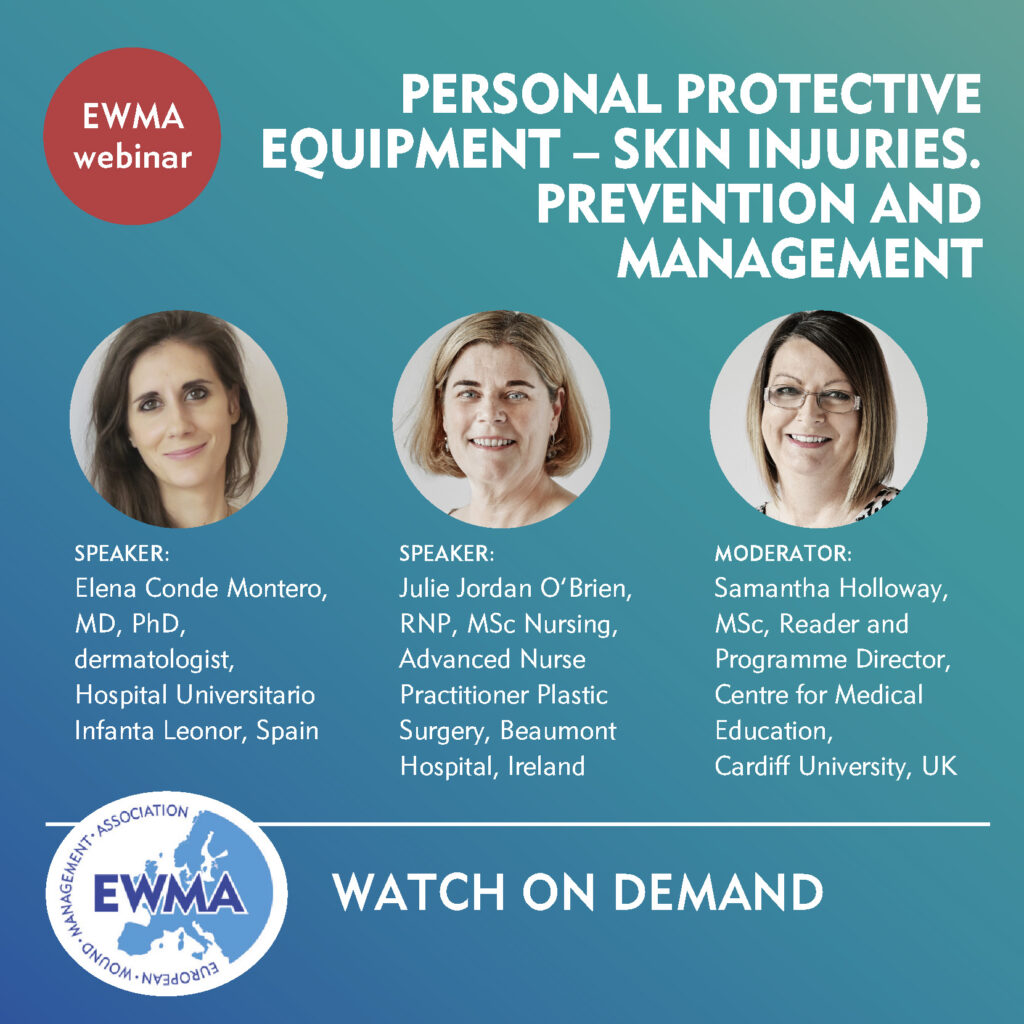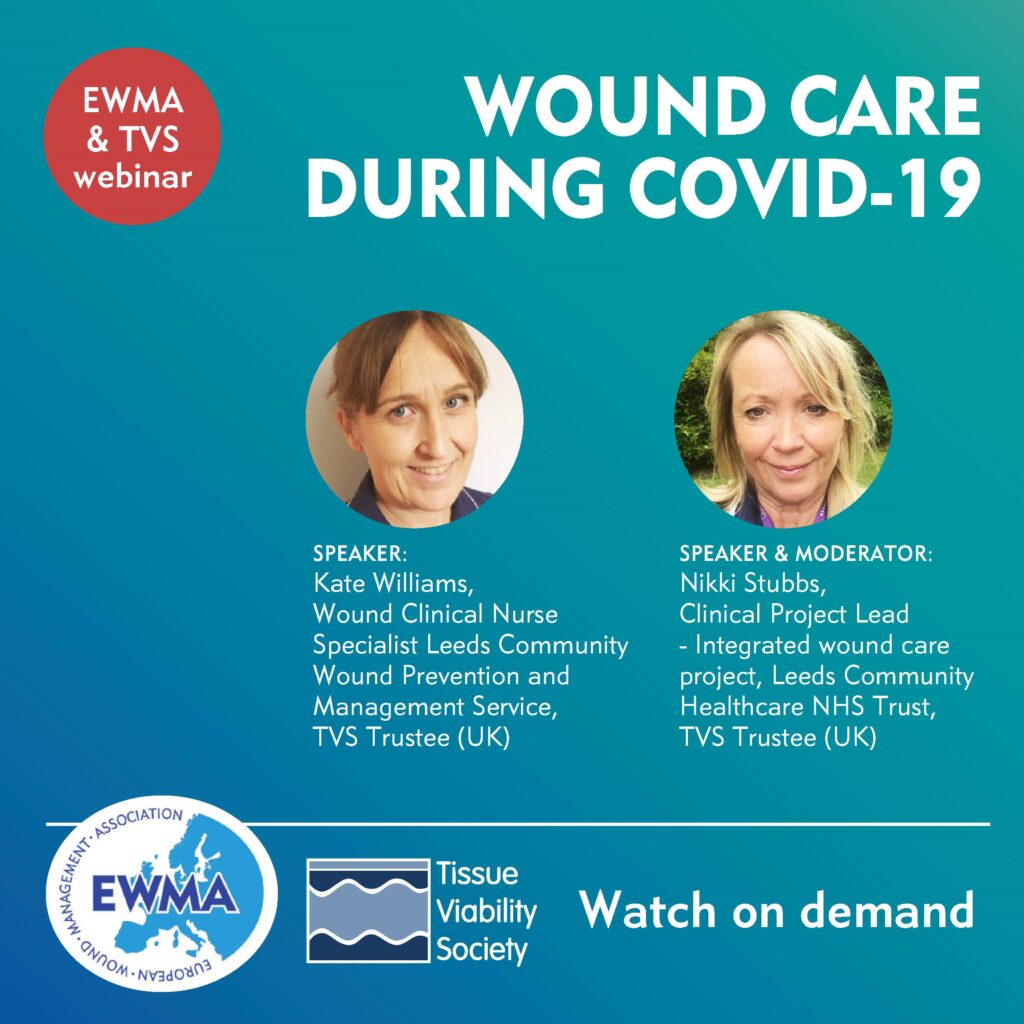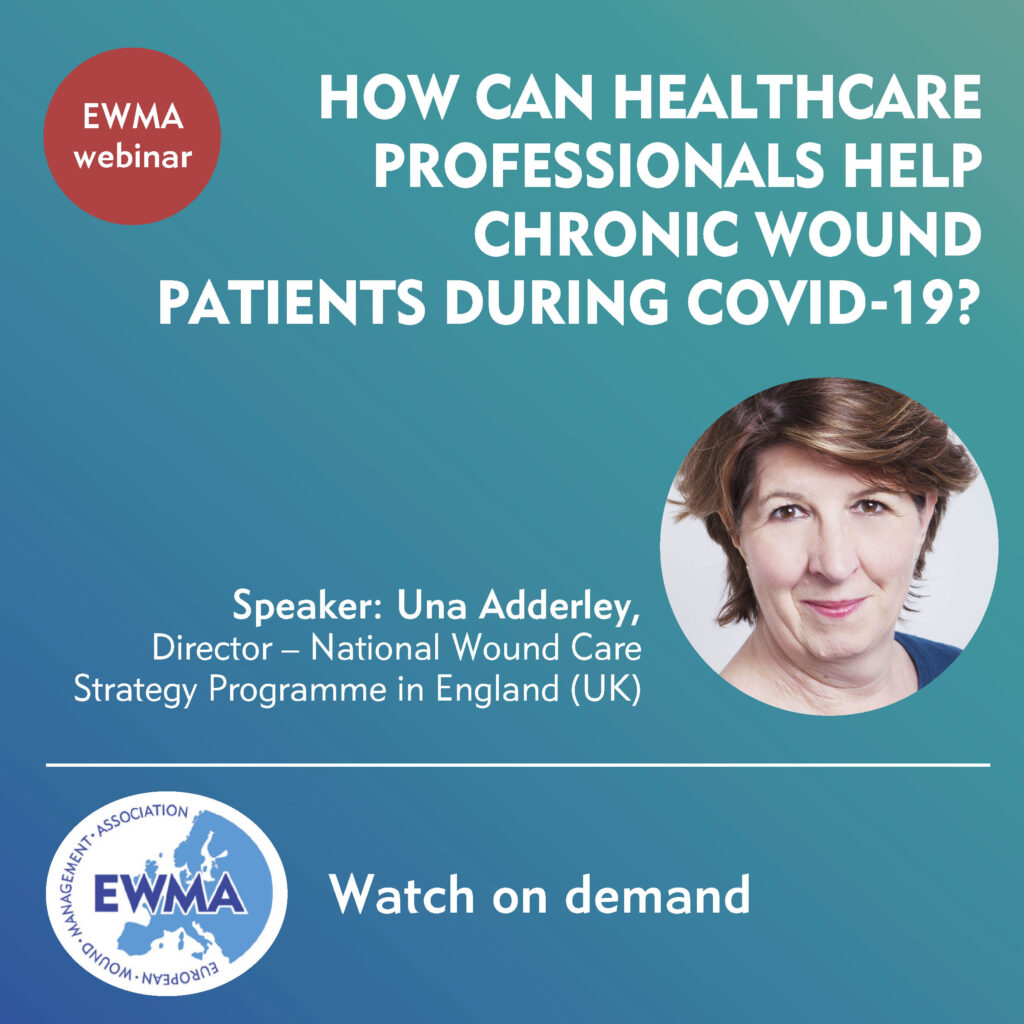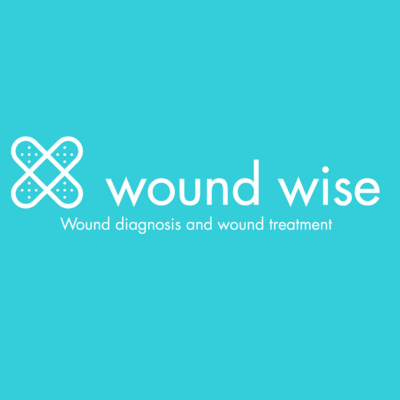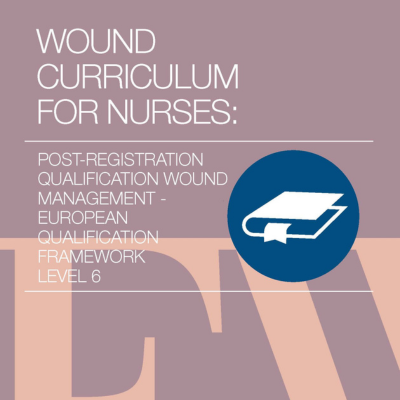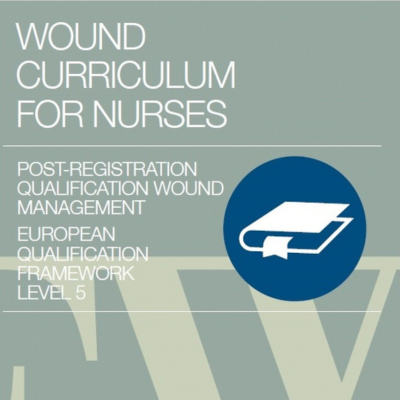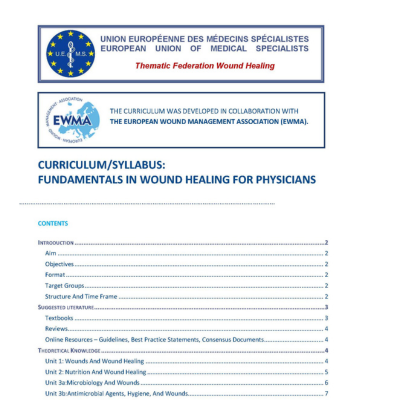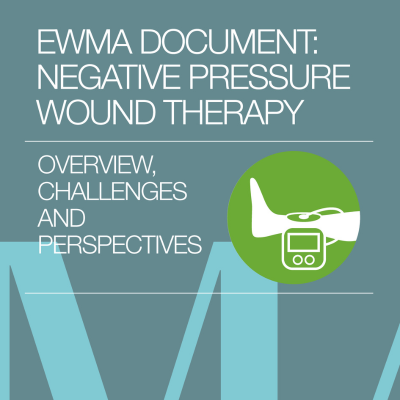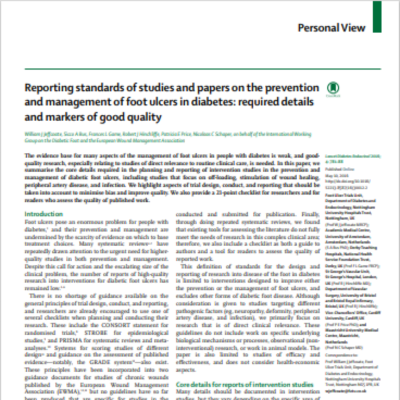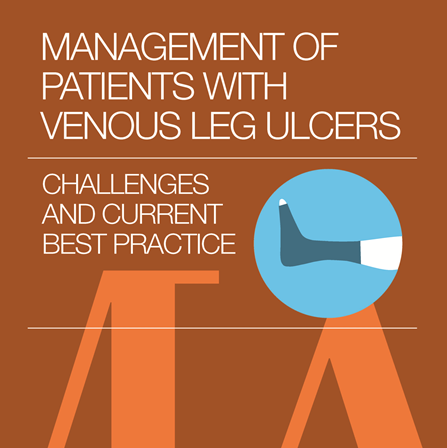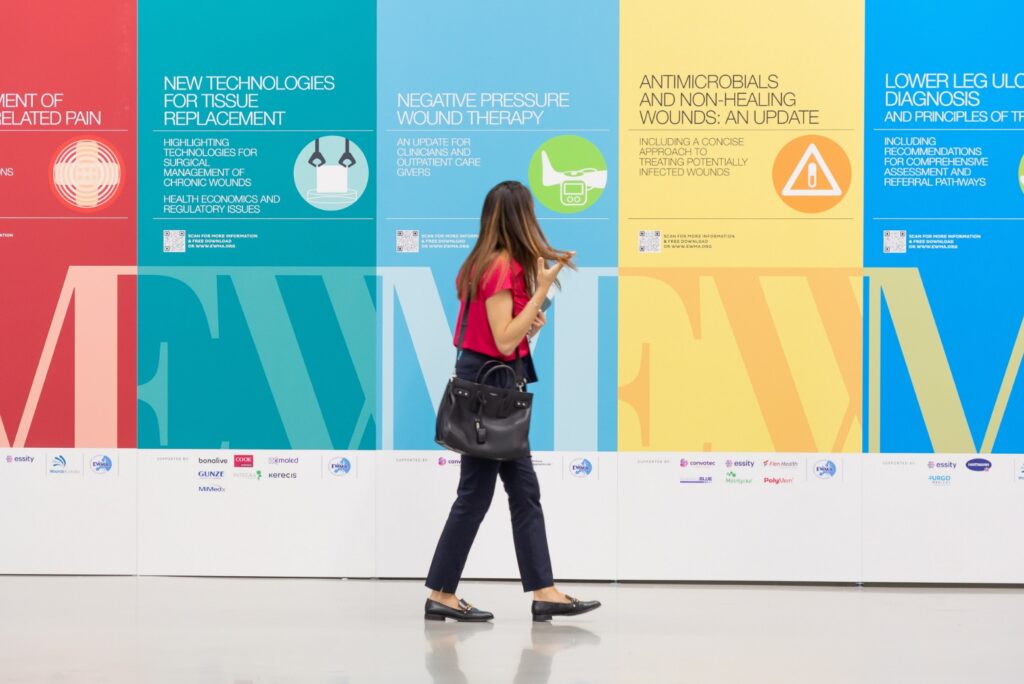Resource
Library
The EWMA wound care resource library includes resources produced or endorsed by EWMA. Use the filters to search for resources by target group, topic, type (publication, webinar, e-learning, etc) or language, or use the search field to search for more specific topics. You can activate multiple filters to narrow your search results.
- Document
- Quality of life/lifestyle, Wounds - general
- Library
- Infection
- Short guidance
- Wounds - general
- E-learning
- Compression Therapy, Leg Ulcers, Oedema
- Webinar
- Compression Therapy, Leg Ulcers
- Webinar
- Diagnosis
- Webinar
- Technologies
- Document
- Technologies
- Webinar
- Leg Ulcers
- Webinar
- Leg Ulcers
- E-learning
- Infection
- Document
- Technologies
- Webinar
- Journal of Wound Management
- Webinar
- Leg Ulcers
- Document, Short guidance
- Quality of life/lifestyle
- Webinar
- Infection
- Webinar
- Diagnosis, Leg Ulcers
- Webinar
- Diagnosis, Leg Ulcers
- Webinar
- Compression Therapy, Leg Ulcers
- Document, Short guidance
- Diagnosis, Leg Ulcers
- Webinar
- Compression Therapy, Leg Ulcers
- Document
- Technologies
- Webinar
- Compression Therapy, Leg Ulcers
- E-learning
- Wounds - general
- Document, Short guidance
- Infection, Wounds - general
- Webinar
- Compression Therapy, Leg Ulcers
- Short guidance
- Wounds - general
- E-learning
- Wounds - general
- E-learning
- Wounds - general
- Short guidance
- Pressure Ulcers
- Webinar
- Compression Therapy, Leg Ulcers
- Podcast
- Wounds - general
- Podcast
- Diabetic Foot
- Webinar
- Compression Therapy, Leg Ulcers
- E-learning
- Diagnosis, Wounds - general
- Document
- Quality of life/lifestyle, Wounds - general
- Webinar
- Compression Therapy, Leg Ulcers
- Webinar
- Skin tears
- Webinar
- Diabetic Foot
- E-learning
- Wounds - general
- Short guidance, Video
- Compression Therapy, Leg Ulcers
- Short guidance
- Wounds - general
- Short guidance
- Wounds - general
- Short guidance
- Wounds - general
- Curriculum
- Wounds - general
- Webinar
- Infection, Surgical/acute wounds
- Video
- Quality of life/lifestyle, Wounds - general
- Webinar
- E-health
- Webinar
- Pressure Ulcers
- E-learning
- Wounds - general
- E-learning
- Atypical Wounds
- Document
- Prevention, Surgical/acute wounds
- Webinar
- E-health
- Webinar
- E-health
- Curriculum
- Wounds - general
- E-learning
- Infection
- Webinar
- Diabetic Foot
- Webinar
- Pressure Ulcers, Prevention
- Webinar
- Wounds - general
- Webinar
- Wounds - general
- Document
- Infection, Surgical/acute wounds
- Document
- Quality of life/lifestyle, Wounds - general
- E-learning
- Diagnosis, Wounds - general
- Podcast
- Diabetic Foot
- Podcast
- Wounds - general
- Podcast
- Atypical Wounds, Diagnosis
- Podcast
- Infection, Wounds - general
- Podcast
- Wounds - general
- Podcast
- Prevention, Skin tears
- Podcast
- Quality of life/lifestyle, Wounds - general
- Paper
- Prevention, Quality of life/lifestyle, Skin tears
- Paper
- Pressure Ulcers, Prevention, Quality of life/lifestyle
- Curriculum
- Wounds - general
- Document
- Atypical Wounds, Diagnosis
- Video
- Leg Ulcers
- Video
- Oedema
- Video
- Atypical Wounds
- Video
- Leg Ulcers
- Video
- Pressure Ulcers
- Video
- Diabetic Foot
- Video
- Atypical Wounds
- Document
- Technologies, Wounds - general
- Paper
- Infection, Surgical/acute wounds
- Curriculum
- Wounds - general
- Document
- Technologies, Wounds - general
- Short guidance
- Prevention
- Curriculum
- Wounds - general
- Document
- Technologies, Wounds - general
- Paper
- Infection
- Study recommendations
- Diabetic Foot
- Document
- Leg Ulcers
- Document
- E-health
- Study recommendations
- Leg Ulcers
